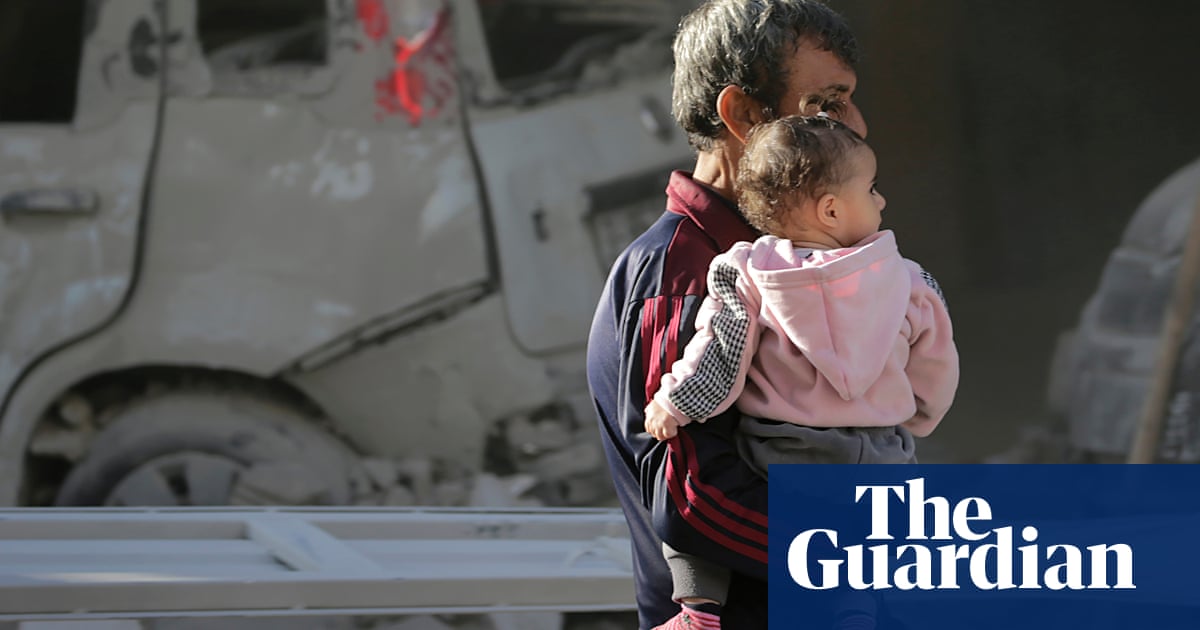
SARAJEVO, Nov 3 (Reuters) - Bosnia is going through its worst political crisis since its 1990s war, with a peace envoy warning this week that the U.S.-sponsored peace deal that ended the conflict is at risk of unravelling.
WHAT WAS THE WAR ABOUT?
The 1992-95 conflict was a war for territory between the country"s three ethnic groups, the Serbs, Croats and Bosniaks, triggered by Bosnia"s declaration of independence from federal Yugoslavia.
Neighbouring Serbia, at the time still the most powerful Yugoslav republic, and newly independent nationalist Croatia supported their ethnic kin in Bosnia with troops, weapons and money alike.
It was the worst conflict in Europe since World War Two, killing about 100,000 people and displacing 2 million.
WHAT WAS THE PEACE DEAL?
The U.S.-sponsored Dayton peace accords reached in the autumn of 1995 split Bosnia along ethnic lines into two autonomous regions, the Orthodox Serb-dominated Serb Republic and the Federation shared by Catholic Croats and Muslim Bosniaks.
WHAT IS GOING WRONG NOW?
With the international presence in the region waning, unresolved rivalries and opposing interests among the three ethnic groups have resurfaced.
The most serious development has been moves toward secession by Bosnian Serb leader Milorad Dodik, emboldened by a lack of pressure from the European Union and United States, as well as support from Russia and traditional ally Serbia.
AND THE CROATS AND BOSNIAKS?
The Croats fear they might become irrelevant in a Federation where Bosniaks are in the majority. They have proposed a new electoral law that would allow them alone to choose their political representatives, which is now not the case.
Bosniaks, lacking - as in the 1990s - an ethnic patron in a neighbouring state, meanwhile favour a single integrated Bosnia and continue to rely on the international community to help achieve it.
IS ANOTHER WAR POSSIBLE?
Bosnia"s new international peace envoy, Christian Schmidt, warned in a report to the U.N. Security Council that the "prospects for further division and conflict are very real". L8N2RT556
Many people in Bosnia, their memories of the last devastating war still fresh, say they would not fight in any new conflict but rather leave the country immediately.
Dodik himself has dismissed the possibility of war, instead pushing the idea of a "peaceful dissolution" of Bosnia.












